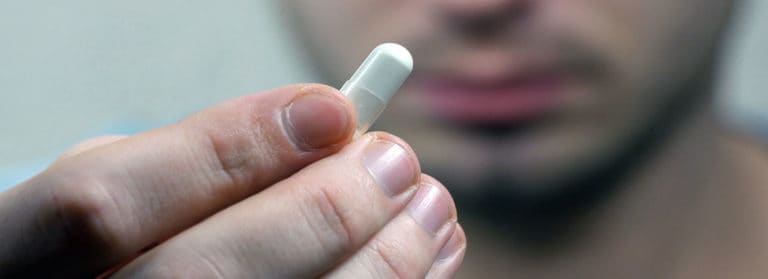Individuals seeking treatment for drug addiction can choose from a variety of options. Usually, more than one type of treatment is used to help the individual attain and maintain sobriety. Making it through the detoxification process is just the start of your recovery. You’ll need to learn how to manage the cravings which you will experience and avoid relapse. One way to do this is with therapy. There are many types of therapy available to help addicts, one of which is group therapy for drug addiction.
This type of treatment can be helpful in both the short term and the long term. However, if you’ve never experienced a group therapy session, you may be a little wary. Talking to a group of strangers about a personal problem can be intimidating. You may feel like everyone will judge you or you’ll become the butt of jokes. However, everyone in the session is usually there to get the help they need. If you need help with your recovery, group therapy is worth considering. This article will help you to understand what group therapy is really like.
What is Group Therapy for Drug Addiction?
Group therapy is a type of counseling which involves regular sessions with one or more therapists. The other participants will be individuals who also have substance abuse issues. There’s often between three and 12 participants. Many people find that they benefit from the support they get from their peers in such a setting.
For those at the start of the recovery process, interacting with others who are overcoming drug addiction is quite helpful. The group setting helps them to realize that they’re not alone. Sharing information and experiences can also reduce feelings of stress and guilt and boost members’ self-esteem and confidence. In addition, group members learn how to avoid destructive behaviors and pick up new healthy practices.
What to Expect During Your Session
If your group is small, the chairs will probably be arranged in a circle. However, larger groups may be set up in rows facing a platform. Some programs are closed to a particular group and everyone starts and ends therapy at the same time. Others allow people to join at any time. At the start of closed groups, each member will introduce themselves and state why they’re attending therapy. In later sessions, regular members will share their progress.
As time goes on, you’ll learn about the issues each member faces and how addiction affects them. You may also learn how they deal with cravings or avoid triggers. Some sessions may feature guest speakers who have something useful to share with the group. They may be experts or addicts in recovery.
The therapist creates a structured setting and helps to control the conversation. They also offer feedback and advice to help members understand themselves better. Each group member will be allowed to make suggestions or give advice to other participants. However, no one is allowed to make another person feel like their ideas are wrong.
It’s important to note that not every meeting will be serious. Some may include birthday celebrations, meals or other social activities. This will teach you how to relax and have fun in a drug-free environment. If you were a long-term user, you may have forgotten that it’s possible to enjoy an event without drug use.
Furthermore, as you get to know the other members, you’ll likely develop friendships. You may maintain contact with some individuals even on days when you don’t have sessions. Having someone you can call on when you have a problem can make your recovery easier.
Duration of Group Therapy for Drug Addiction and Length of Sessions
Group therapy sessions usually run for one to two hours and groups tend to meet once or twice per week. However, your therapist will make recommendations based on your stage of recovery and what you hope to achieve. For some people, three months of sessions may be ideal, but others may need a full year of group therapy for drug addiction. There are also daily treatment programs that last for four to six weeks. These are for clients who need intensive therapy and they often form part of inpatient programs.
Give Asheville Recovery Center a Call Today!
If you’ve been trying unsuccessfully to end your addiction on your own, you may benefit from group therapy. It can be used in conjunction with individual therapy or family therapy. Having access to a supportive group of people who have been through many of the same experiences can help you find lasting sobriety. You can get the motivation and the professional guidance you need to achieve success. Contact us today to schedule a consultation or learn about our various recovery services.






